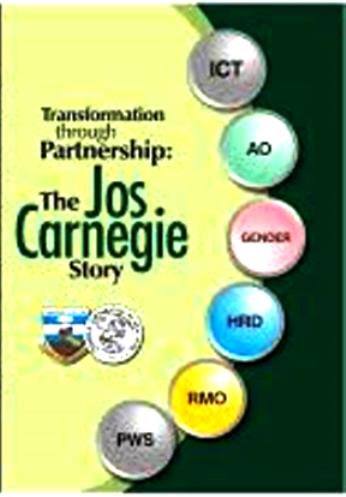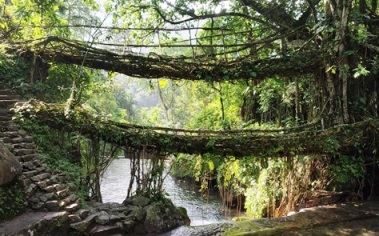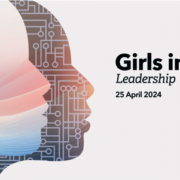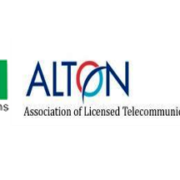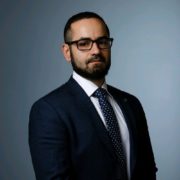By Daser David
There was a Jos Carnegie partnership that lasted for almost 11 years between 2003 to 2013. The grant was awarded to the University of Jos under the Higher Education and Research in Africa grant category of Carnegie Corporation of New York. The grant that came in three tranches was a total investment of over six million dollars within that decade. I was a beneficiary and so were many other people. Some of these people that I know are currently breaking boundaries within and outside the shores of this country. I met one recently who had something to do with a tech company in the Silicon Valley.
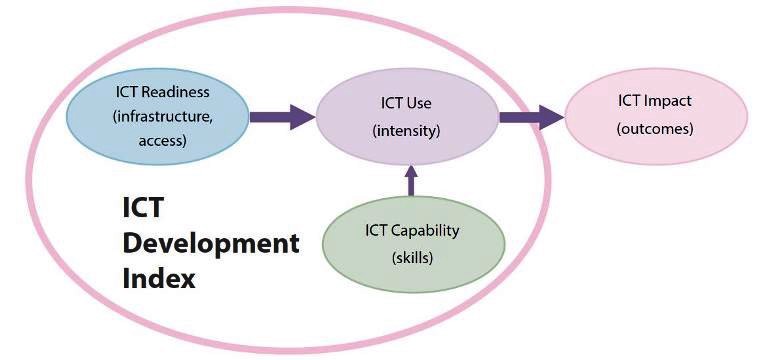

Jos-Carnegie Partnership
Within this period there was a culture of growth and inclusiveness amongst students. Most importantly, the impact was phenomenal, students from neighboring Universities like ATBU Bauchi also benefited. I know quite a handful. How did they benefit? They seek for internship opportunities in University of Jos and were granted.
I also remember the other day at NG_HUB, Bosun Tijani of CCHub told me he remembered vividly how University of Jos was like the first technology hub in Nigeria.
We had access to free internet by virtue of this grant. Anywhere within the campus you had your computer or laptop you were simply connected to the internet. Fibre optic was laid throughout the campus. I think but not too sure also having broadband connection in our hostels.
There were internship opportunities for students across diverse fields to man the computer labs within the campuses and successful students were given monthly stipends. There was also promotion of the best of these students to what was referred then as “Master Apprentices”. Promotion came after one year or so of internship. What this package came with was a pay raise alongside other benefits. People who were attracted to the internship opportunities because of the stipends ended up as techies unconsciously. I was an intern too at some point the time Prince Tiamiyu Lawal was my master Apprentice. I couldn’t work my way to getting the promotion because I was utterly over ambitious, I participated in a World Bank project. Things were all good then. Some of these master apprentices ended up as the IT staff of the University and this was how the University sustained its IT department.
Today I can make bold to say that our collective worth is triple the invested $6Million, some of us went to start innovation hubs that have impacted countless number of Nigerians that are oblivion of the fact that they were simply a second level beneficiaries of the Carnegie Corporation of New York.
“A lot of contractors over the last 17 years have gulped billions of tax payers’ money in the name of IT deployments. Question is, did we have laws or policies that mandated that these companies gave certain percentages of these funds to the development of the tech ecosystems for the purpose of sustainability?”
The numerous questions on my mind though, does the university have data of its students who graduated between 2003 to 2013? Their current location? Their current jobs? Their giving to their various current societies? How was the impact of this donation by Carnegie measured?
If they are In possession of these data, could this have charted a certain policy direction or serve as a basis for recommendation to governments on a measured and confirmed way of building human capital development?
If no, shouldn’t the University be at the forefront of economy development of our nation giving the access to various researches and experiences such as this?
When I was CEO of nHub I tried to extend the hand of collaboration to the universities and each time I failed. Why I sorted for the collaboration was because while the universities serve as a base for research I thought innovation hubs could be the center for experimentation and since we were/are taking the real community approach it would have been easy for us to help push for government’s adoption of certain policies that could have emanated from the result of this collaboration. On why I couldn’t have a successful collaboration is a topic for another day but I believe my successor Theodore Longji is able to pull this off.
Today, ICT is driving every government day to day businesses. A lot of contractors over the last 17 years have gulped billions of tax payers’ money in the name of IT deployments. Question is, did we have laws or policies that mandated that these companies gave certain percentages of these funds to the development of the tech ecosystems for the purpose of sustainability? If no, how could we have been able to sustain our ecosystems without any deliberate attempts?
I have no idea of how Carnegie Corporation of New York got the donation it used to build the tech ecosystem in Plateau State through University of Jos. But $6Million in donation is a huge sum of money that only informed research could have produced and yes the impact could have achieved ripple effect were it not for the disconnection in our system.
Today I am the Director General of Plateau State ICT Development Agency despite graduating with a degree in Biochemistry, all thanks to the grant that changed my career path for good.
I had a meeting with the governor, Rt. Hon. Simon Bako Lalong three days ago at his official residence alongside the commissioner for science & tech Dan Manjang. We spoke about many things; the focus was on human capital development. He gave the nod with so much excitement. Now’s the time to produce so many future ICT Director Generals.
Daser David, founder of nHub, is the Director General at Plateau State ICT Development Agency, Jos, Plateau State, Nigeria


